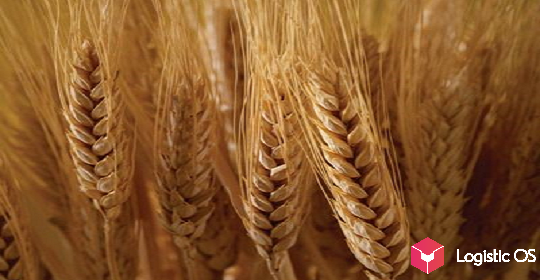According to the latest data, shipments of this product abroad have recently fallen by about 18%, and exports of raw materials and meal have also dropped.
In January-April 2025, Russia exported 2.1 million tons of vegetable oils. This is a significant decrease compared to the same period last year, analysts believe.
For example, sunflower oil exports have fallen by 23%, although it occupies the lion’s share in the structure of oil exports: 67%.
The volume of soybean oil exports has fallen even more: by 40%.
The only type of product that has shown positive dynamics is rapeseed oil. Its sales have increased by 40%. However, in absolute figures, this is a small amount: about 180 thousand tons.
As for meals, their supply volumes have fallen by about 3% compared to the beginning of last year.
Raw material supplies abroad are also declining and fell by 17% to 950 million tons in January-April 2025. This includes sunflower and rapeseed seeds, as well as soybeans and flax.
Experts name Turkey, India, Algeria, as well as China and Belarus as the main countries that purchase Russian oil and meal.
At the same time, forecasts regarding further changes in the volume of Russian oil and fat products supplies abroad are, despite everything, quite optimistic.
For example, the US Department of Agriculture believes that this season the Russian Federation has every chance of supplying about 6.44 million tons of vegetable oils abroad, while last season this figure was 6.34 million tons.
In general, experts are convinced that the oil and fat industry in Russia is currently in a rather difficult situation: prices for final products have fallen significantly, while the ruble exchange rate, on the contrary, has increased.
This means that producers have to receive less money for each ton of delivered products — and after converting dollars into rubles, it becomes even less.
In this regard, many companies are already faced with very low or even negative margins, and the measures taken by the government cannot fully compensate for this gap.
As a result, oil producers can only hope that the situation will change in the near future, and the purchase prices for vegetable oil will be adjusted to take into account the cost of its production.
In addition, the prices for raw materials should decrease, since the sale of oil in many cases cannot compensate oil extraction plants for the costs of purchasing sunflower seeds.

